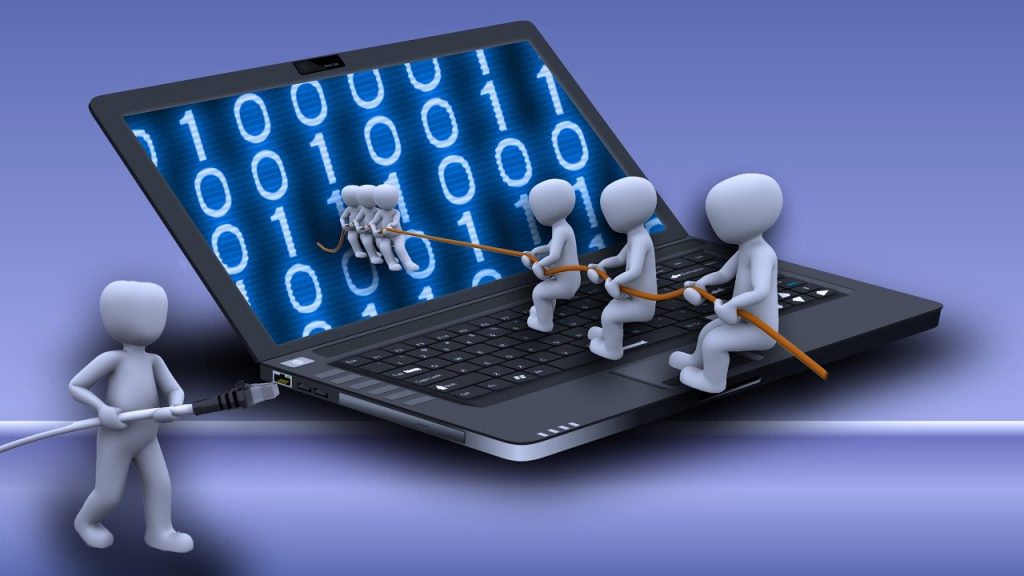The 80s were almost the end of "hacker culture." Far from the negative context that Hollywood and the media would give you, being a hacker did not mean unauthorized access to the system or the code of a program. To deserve the name of such, one had to be able to take a freely available program and make significant improvements to it.
As we said in the previous articleIt was common for companies to give university hackers priority access to new equipment including the source code of the programs that made it work. In this way they were guaranteed not only to put them to the test but also to have free access to the improvements that they introduced.
But, as software development began to become a business in its own right, those who made money from it began to push for obstacles to free distribution.. This included not only legal pitfalls such as licenses, but also code pitfalls.
Brian Reid was a doctoral student at Carnegie Mellon University. Reid was the creator of Scribe, a software that allowed you to format and choose fonts for documents sent over a network.
Reid didn't really want others to benefit from his work, at least not for free. That's why he sold it to a company called Unilogic. To make the business profitable for the new owners, he included a subroutine in the program that deactivated it after 90 days.. Unless of course, the code provided by Unilogic was inserted in exchange for a payment.
If the inability to access the source code of the printer driver was what made Richard Stallman patience, Reid was the starting point.
Less fun, more business. Stallman recounts his experience
En A chat given in 1986 Stallman tells how he lived what happened
In the early 80s, hackers realized that there was a commercial interest in what they were doing. It was possible to get rich working in a private company. All that was necessary was to stop sharing his work with the rest of the world ...
Essentially all the competent programmers, except me, in the MIT AI lab were hired, and this caused more than a momentary change, it caused a permanent transformation because it broke the continuity of the hacker culture. New hackers were always attracted to old hackers; there were the funniest computers and the people who did the most interesting things, and also a spirit that was fun to be a part of. Once these things are lost, there is nothing that makes the place interesting to anyone new, so the new people stopped coming. There was no one they could draw inspiration from, no one they could learn those traditions from. Also, no one to learn to do good programming from. With only a handful of professors and graduate students, they don't really know how to make a program work.
By the 80s, video game consoles and home and personal computers had spread throughout homes and businesses. Thousands of titles were distributed stored on cassettes, floppy disks and cartridges. TEveryone had some way of deterring free distribution, either printing the manuals in hard to photocopy colors, running advertising campaigns or inserting something in the code as in the case of Scribe inserting logic time bombs.
Hacker culture, as Stallman understood it, seemed dead forever at the hands of companies like Microsoft who sold their products under license. However, decades later, history would turn the wheel again.
This series of articles began as a result of a thread by Stephen Sinofsky, the former head of WIndows and Office. SInofsky argues that Microsoft had to change its attitude towards open source because the software was no longer distributed in physical form and the license fee model was no longer viable.
Beyond what Sinofsky said, we have to point out that thanks to Stallman, a new generation of hackers had emerged with the same old principles as the originals. Programming for the love of programming and the challenge to do better what others had done, They made possible the appearance of tools such as those of the GNU project, Linux, Python and others that today lead in fields such as the cloud or artificial intelligence.
